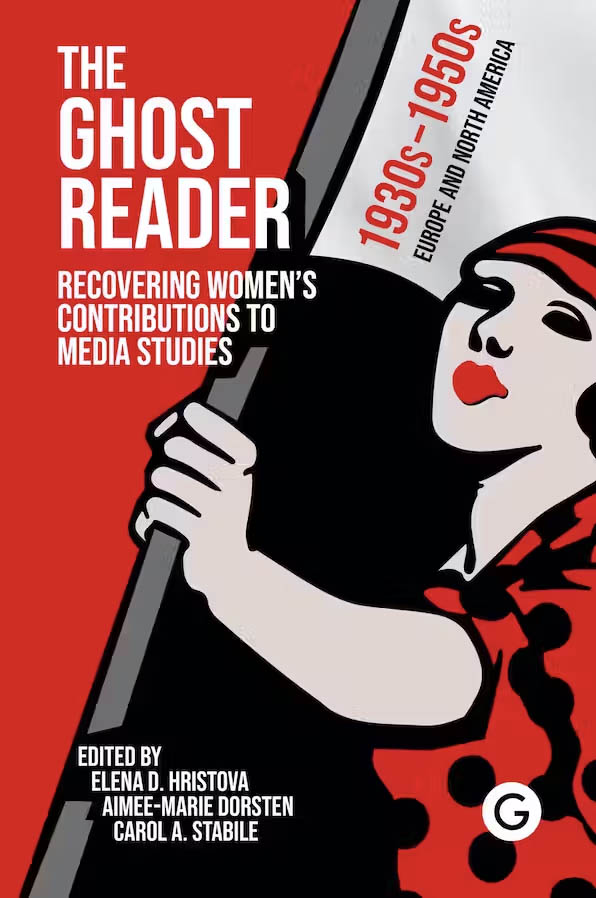Professor Aimee-Marie Dorsten Co-Authors "The Ghost Reader: Recovering Women’s Contributions to Media Studies" Thursday, February 15, 2024

Aimee-Marie Dorsten, Ph.D., is a professor of journalism and mass communication and the director of core curriculum at Point Park University.
"The book features the work of 19 women who were revolutionary in their fields but who were dismissed because of their gender, race or politics and have been ignored and marginalized in favor of recognizing the 'founding fathers' of the field."
What inspired you and fellow authors to write "The Ghost Reader: Recovering Women’s Contributions to Media Studies?"
Each of us had discovered separately that there were so many women who had some of the most impressive ideas in the field of communication, but failed to receive recognition, so we decided to work together so we could cover much more terrain.
We realized if we had discovered these women, that likely there were other researchers who had done the same. So, we put out a call for contributors. We got a robust response: there were so many of these forgotten women!

Briefly highlight what the book is about.
The book features the work of 19 women who were revolutionary in their fields — whether it was advertising, journalism, theater, visual culture, film and more — but who were dismissed because of their gender, race or politics and have been ignored and marginalized in favor of recognizing the "founding fathers" of the field.
Every chapter includes a profile for each woman written by a different contributor as well as a selection of original work to accompany each woman's profile.
What do you hope readers take away from this book?
My colleagues — Elena Hristova, from the University of Wales at Bangor and Carol Stabile, from the University of Oregon — along with our contributors, hope that readers will find our book to be a resource for charting a new path for the history of the field of communication or for teaching communication classes about these women.
Lastly, we also hope to inspire others to reclaim women in their own fields.
How do you connect your research on this topic into the courses you teach?
I am hoping to teach a special topics course based on this book in the future. Or our Mass Communication History class would be an ideal venue for this book.
What do you enjoy most about teaching?
Our students remind me of the women featured in our book: they are creative and resilient and worthy of our attention.
Is there anything else you would like to add?
I'd like to thank my colleagues, our contributors, and all of the Point Park students who helped us with this text, including alumna Kathryn Jones and Anunnaqi Withrow-Davis.
Interview on KDKA's Talk Pittsburgh
More About: faculty, School of Communication, journalism

